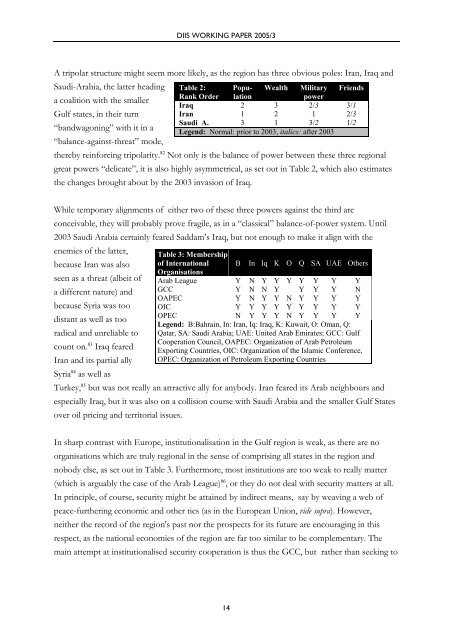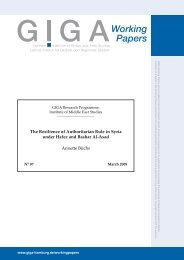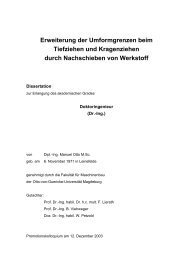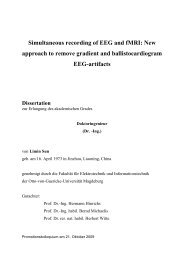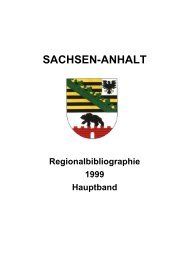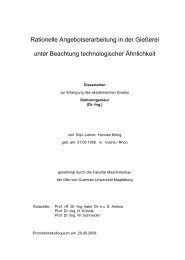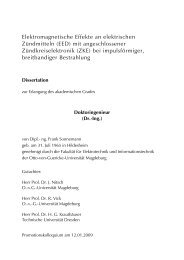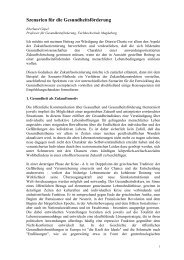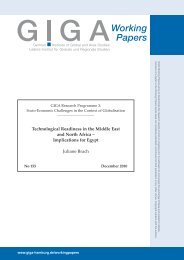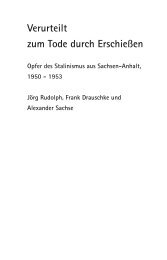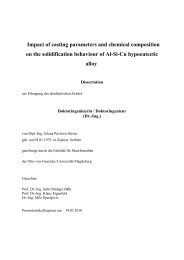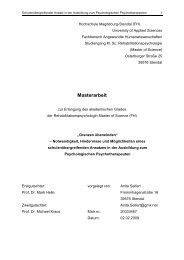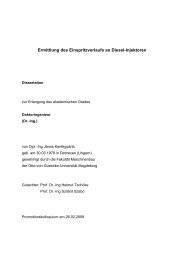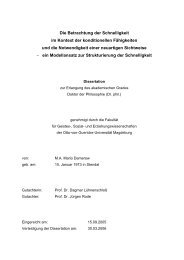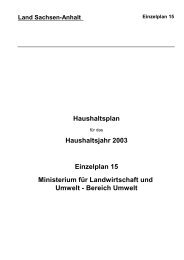DANISH INSTITUTE FOR INTERNATIONAL STUDIES ...
DANISH INSTITUTE FOR INTERNATIONAL STUDIES ...
DANISH INSTITUTE FOR INTERNATIONAL STUDIES ...
You also want an ePaper? Increase the reach of your titles
YUMPU automatically turns print PDFs into web optimized ePapers that Google loves.
DIIS WORKING PAPER 2005/3<br />
A tripolar structure might seem more likely, as the region has three obvious poles: Iran, Iraq and<br />
Saudi-Arabia, the latter heading Table 2: Population<br />
power<br />
Wealth Military Friends<br />
Rank Order<br />
a coalition with the smaller<br />
Iraq 2 3 2/3 3/1<br />
Gulf states, in their turn<br />
Iran 1 2 1 2/3<br />
Saudi A. 3 1 3/2 1/2<br />
“bandwagoning” with it in a<br />
Legend: Normal: prior to 2003, italics: after 2003<br />
“balance-against-threat” mode,<br />
thereby reinforcing tripolarity. 82 Not only is the balance of power between these three regional<br />
great powers “delicate”, it is also highly asymmetrical, as set out in Table 2, which also estimates<br />
the changes brought about by the 2003 invasion of Iraq.<br />
While temporary alignments of either two of these three powers against the third are<br />
conceivable, they will probably prove fragile, as in a “classical” balance-of-power system. Until<br />
2003 Saudi Arabia certainly feared Saddam’s Iraq, but not enough to make it align with the<br />
enemies of the latter, Table 3: Membership<br />
because Iran was also of International B In Iq K O Q SA UAE Others<br />
Organisations<br />
seen as a threat (albeit of Arab League Y N Y Y Y Y Y Y Y<br />
a different nature) and GCC Y N N Y Y Y Y N<br />
OAPEC Y N Y Y N Y Y Y Y<br />
because Syria was too OIC Y Y Y Y Y Y Y Y Y<br />
OPEC N Y Y Y N Y Y Y Y<br />
distant as well as too<br />
Legend: B:Bahrain, In: Iran, Iq: Iraq, K: Kuwait, O: Oman, Q:<br />
radical and unreliable to Qatar, SA: Saudi Arabia; UAE: United Arab Emirates; GCC: Gulf<br />
count on. 83 Cooperation Council, OAPEC: Organization of Arab Petroleum<br />
Iraq feared<br />
Exporting Countries, OIC: Organization of the Islamic Conference,<br />
Iran and its partial ally OPEC: Organization of Petroleum Exporting Countries<br />
Syria 84 as well as<br />
Turkey, 85 but was not really an attractive ally for anybody. Iran feared its Arab neighbours and<br />
especially Iraq, but it was also on a collision course with Saudi Arabia and the smaller Gulf States<br />
over oil pricing and territorial issues.<br />
In sharp contrast with Europe, institutionalisation in the Gulf region is weak, as there are no<br />
organisations which are truly regional in the sense of comprising all states in the region and<br />
nobody else, as set out in Table 3. Furthermore, most institutions are too weak to really matter<br />
(which is arguably the case of the Arab League) 86 , or they do not deal with security matters at all.<br />
In principle, of course, security might be attained by indirect means, say by weaving a web of<br />
peace-furthering economic and other ties (as in the European Union, vide supra). However,<br />
neither the record of the region's past nor the prospects for its future are encouraging in this<br />
respect, as the national economies of the region are far too similar to be complementary. The<br />
main attempt at institutionalised security cooperation is thus the GCC, but rather than seeking to<br />
14


